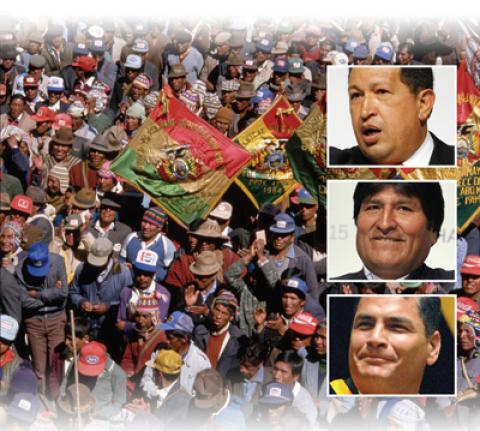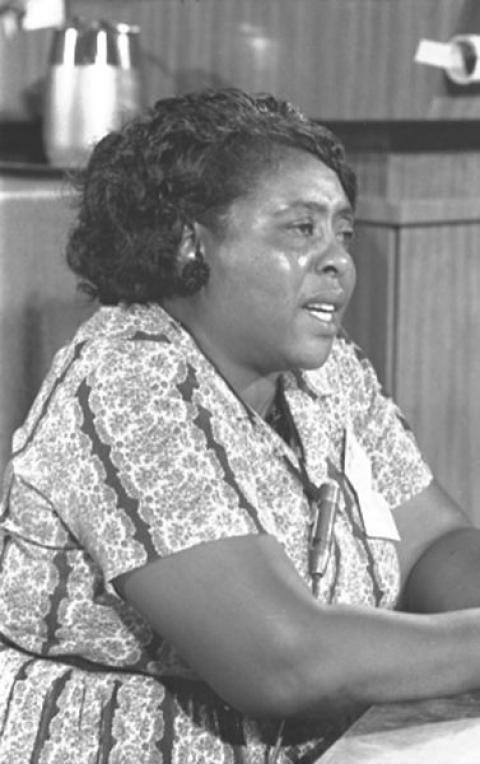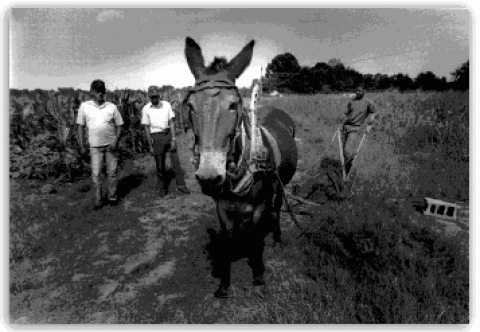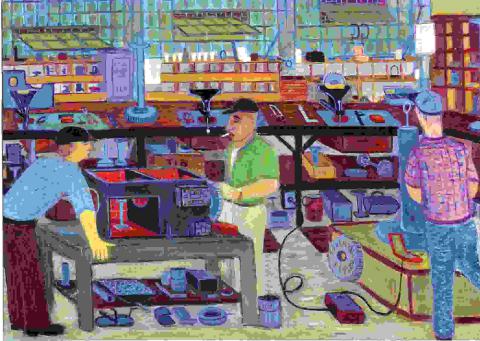Latin America’s Rightwing Parties Are Falling Apart
Le Monde Diplomatique

Rightwing parties in Latin America give themselves populist names, keep the manifesto rhetoric modest and talk of appealing to the street. But they aren’t winning many votes. Meanwhile business is learning to work with governments of the left.









Spread the word